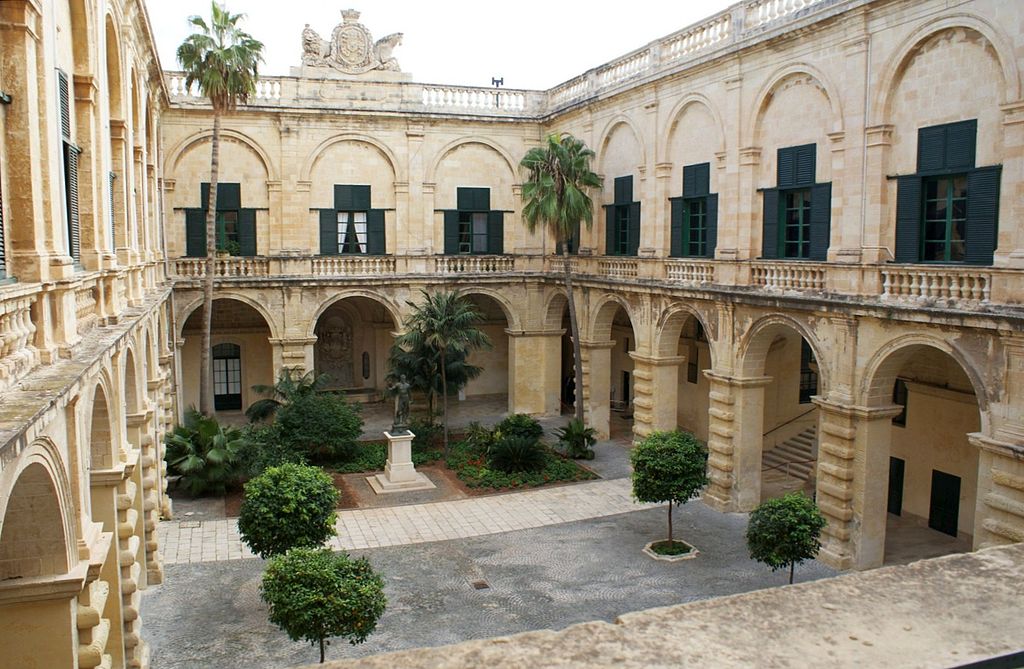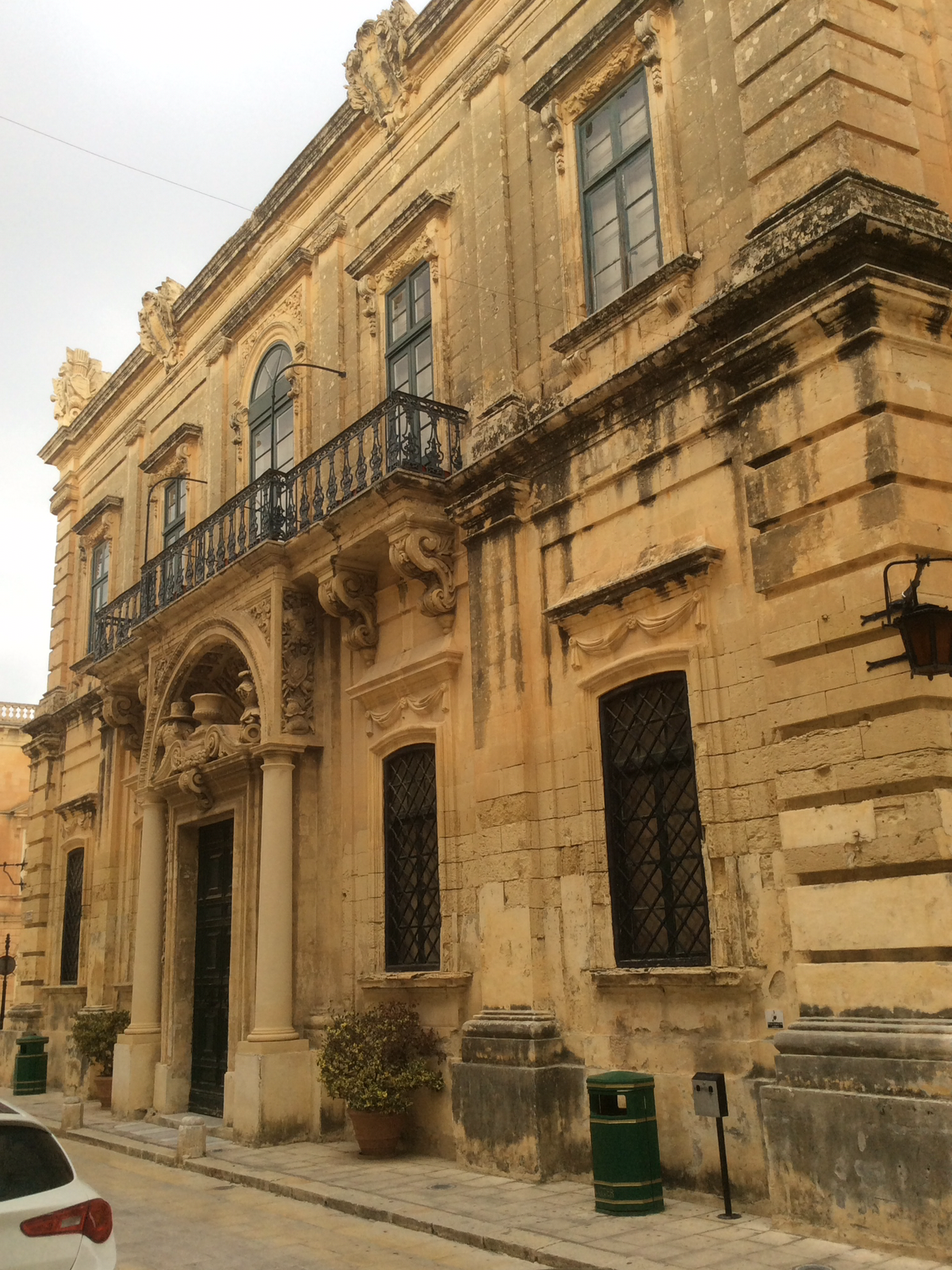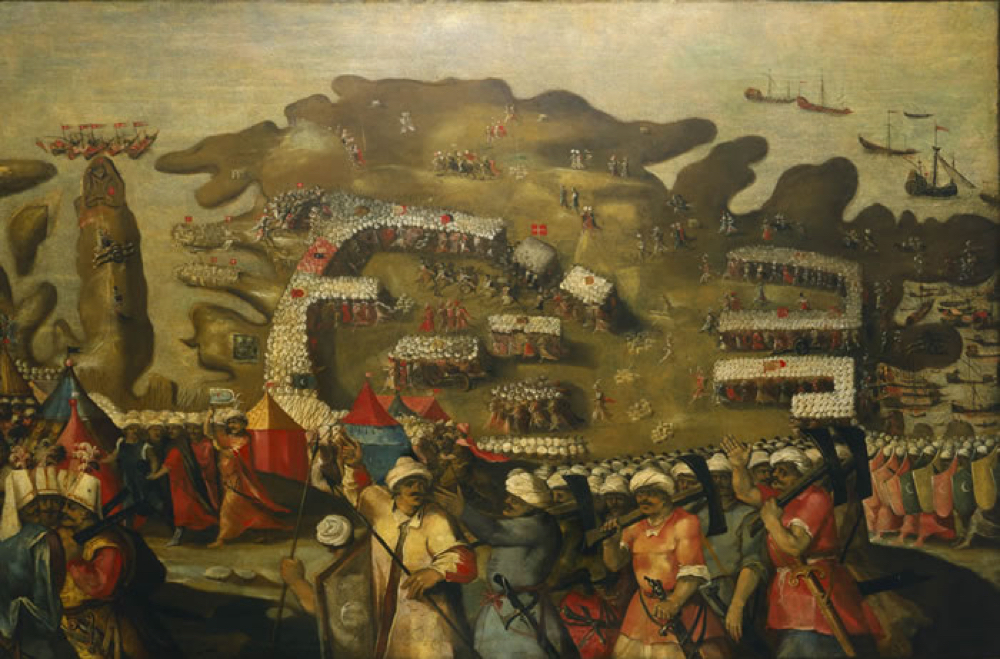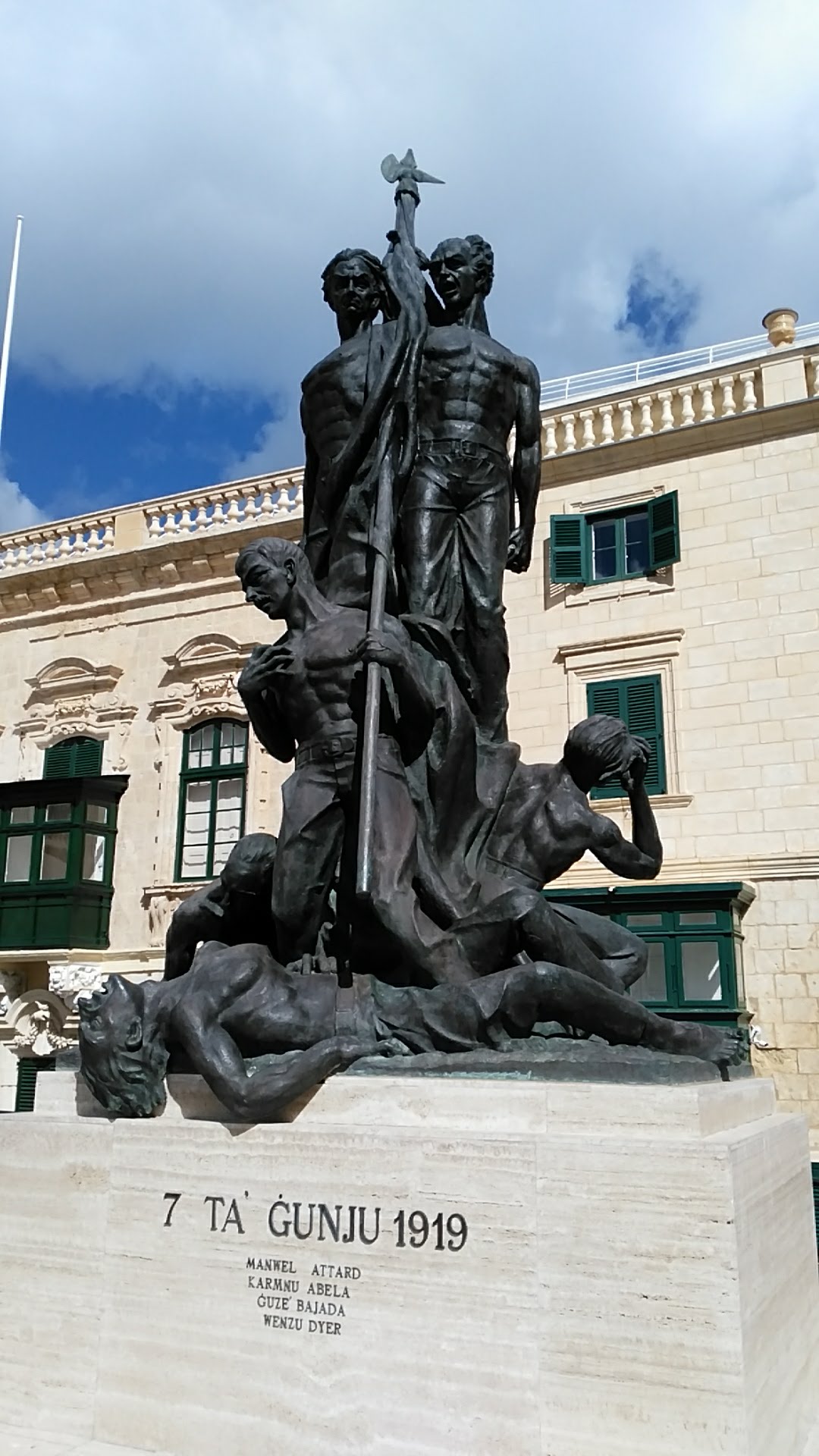Title, By Pen Lister. March 29, 2018. Categories: Maltese Democracy Tags: malta
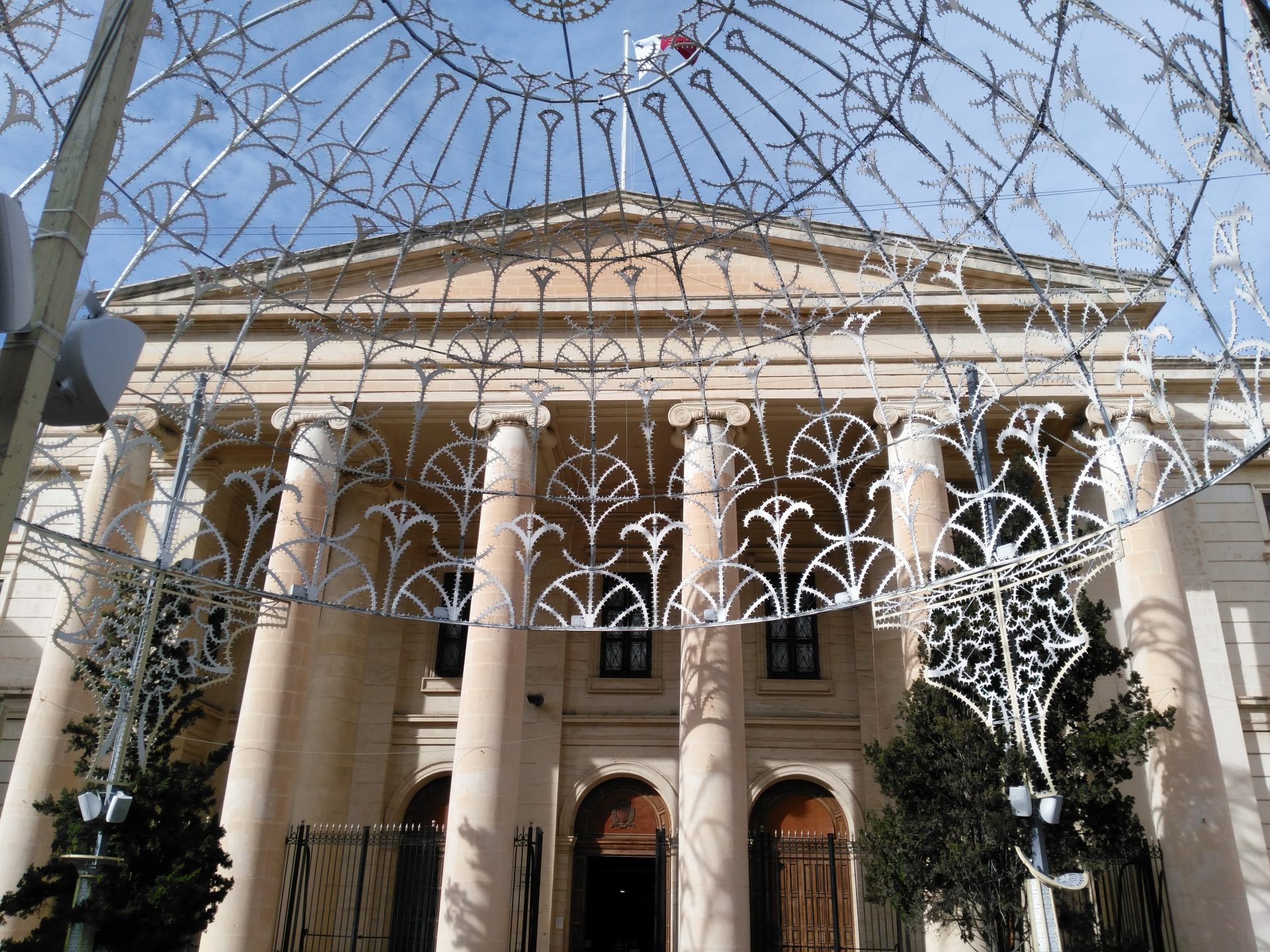
The Courts
In a liberal democratic state, the judiciary has four main responsibilities:
- Formulating the rule of law
- Interpreting and applying the law along with the constitution.
- Provide impartial adjudications of disputes between the state and individuals, between individuals, and between different levels of government within the state.
- Part of a system of checks and balances. Keeps in check the executive (the Cabinet) and the legislative (House of Representatives)
To accomplish these four duties, two basic principles must be upheld:
- Maintaining a liberal democratic state.
- Maintaining the principles of a legal democracy and state.
The Present Justice and Law Courts System
The courts in Malta are divided into Superior and Inferior courts, as well as Tribunals.
Judges sit on the Superior Courts, while magistrates sit on the Inferior courts.
The Superior Courts are:
- The Constitutional Court
- The Court of Appeal
- The Court of Criminal Appeal
- The Criminal Court and
- The Civil Court
- The Civil Court (Family Section)
- The Civil Court (Voluntary Jurisdiction)
The ‘Inferior Courts’ include both superior and an inferior jurisdiction.
The Maltese judicial system is a two-tier system comprising: a court of first instance, presided over by a judge or a magistrate, and a court of appeal. The Court of Appeal is presided by one judge if it sits in its inferior jurisdiction and is presided by three judges if it sits in its superior jurisdiction.
There are also various tribunals that deal with specific areas of the law (such as the Industrial Tribunal and the Division of Inheritances Tribunal) and have varying degrees of competence.
The highest court, the Constitutional Court, hears appeals in cases involving violations of human rights, interpretation of the constitution, invalidity of laws and cases concerning disputed parliamentary elections and electoral corrupt practices.
In the criminal court, the presiding judge sits with a jury of nine. The court of appeal hears appeals from decisions of the civil court and of various boards and tribunals, including the Industrial, Small Claims, and Consumers’ Tribunal. The court of criminal appeal hears appeals from judgments of conviction by the criminal court.
The Civil Court (Family Section) hears all cases relating to family matters including marital separation, divorce, annulment and filiation. The Family Court is housed in a separate building.
The Civil Court (Voluntary Section) is a non-contentious court deciding matters such as adoptions, tutorships and curatorships, interdictions and incapacitations, and the opening of wills.
There is also a Juvenile Court which hears and decides actions in which minors are involved. It has both a civil as well as a criminal jurisdiction. When presiding in its civil jurisdiction it hears matters relating to the protection of children that have been placed under a care order. When presiding in its criminal jurisdiction it hears actions in which minors are accused of crimes and contraventions.
Further links
Sources
Featured image:https://commons.wikimedia.org/wiki/File%3AMalta_Valletta_BW_2011-10-07_10-41-05.JPG
